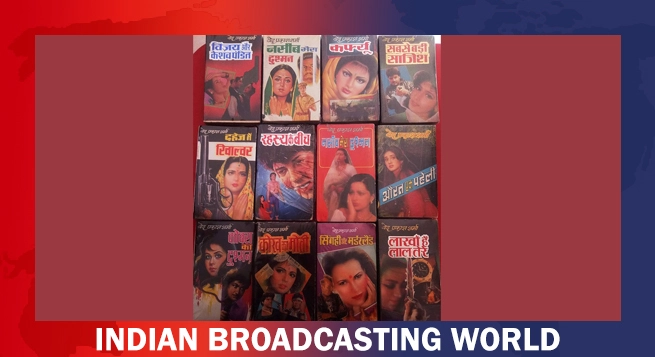An Indian court on Tuesday held that photos taken from social media accounts like Facebook and Instagram and then uploaded on a porno website without consent of a person amounts to offense under India’s information technology rules and as such needed restraint and corrective steps to be taken.
Holding forth on a petition filed before it, the Delhi High Court further observed that such acts, even if the photos themselves were not offensive or obscene, would amount to breach of a person’s privacy, Live Lawlegal website reported. While making the observations, a single judge bench of Anup Bhambhani, according to the legal news website, held that in such cases, the court may pass an order of injunction or restrain as such publication of photo would “likely result in ostracisation of the person concerned in society and therefore immediate and efficacious remedy is required in such cases”.
While appreciating the “indisputably anarchic nature of the Internet” as a medium and accepting that the world-wide-web is intractable by reason of its global expanse, interconnectedness and the fact that content, including offending content, can be very easily placed on the world-wide-web by people from the farthest corners of the world, which is almost impossible to control, the court said it cannot be ignored that “the law and judicial opinion in India…mandates intermediaries to remove and disable access to offending content once they receive ‘actual knowledge’ by way of a court order or upon being notified by the appropriate government agency”.
A failure to remove the content makes an intermediary “liable to lose the exemption from liability available to it under section 79(1) of the IT Act, “ the court observed.
The court also observed that an intermediary cannot be heard to say that it is unable to remove or disable access to offending content despite actual knowledge as contemplated in law.
However, the court acknowledged the difficulties faced by intermediaries in identifying and removing such offending content — “none of the respondent intermediaries has at all taken a stand before this court that they are not ready or willing to remove offending content if directed” by a court or the government.
In the opinion of this court, for an order directing the removal or access disablement of offending content to be effective even within India, a search engine must block the search results throughout the world since no purpose would be served by issuing such an order if it has no realistic prospect of preventing irreparable harm to a litigant, the judge stated, while quoting observations made by the Supreme Court of Canada in a case involving Google and Equustek Solutions Inc.
The court order goes on to issue a direction to the website or online platform on which the offending content is hosted to preserve all information and associated records relating to the offending content, so that evidence in relation to the offending content is not vitiated, at least for a period of 180 days or such longer period as the court may direct.
“A direction is issued to the search engines Google Search, Yahoo Search, Microsoft Bing and DuckDuckGo to globally de-index and de-reference from their search results the offending content as identified by its Web URL and Image URL, including de-indexing and de-referencing all concerned web-pages, sub-pages or sub-directories on which the offending content is found, forthwith and in any event within 24 hours of receipt of a copy of this judgment along with requisite information from the Investigating Officer…,” the court said.
Judge Bhambhani also directed search engines, owned by Google, Yahoo, Microsoft and DuckDuckGo, to endeavour using “automated tools to proactively identify and globally disable access to any content, which is exactly identical to the offending content ( as referred to in the petition it had taken up) that may appear on any other websites/online platforms”.
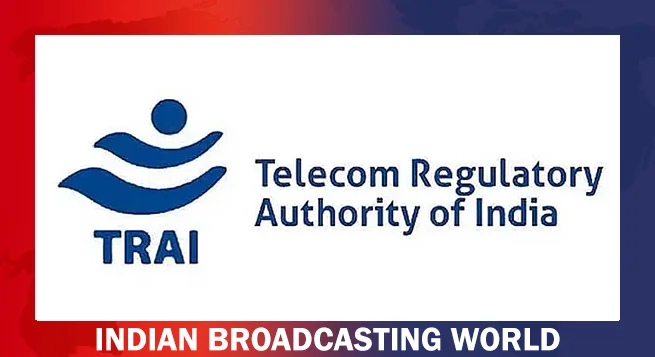 Trai suggests satcos pay 4% of revenue as spectrum charges
Trai suggests satcos pay 4% of revenue as spectrum charges  NBF issues another advisory to member TV news channels
NBF issues another advisory to member TV news channels  Govt directs OTT platforms to stop airing Pak content
Govt directs OTT platforms to stop airing Pak content  Netflix to have AI-powered iOS search in TV app revamp
Netflix to have AI-powered iOS search in TV app revamp  India sets up panel to review copyrights laws, AI disputes
India sets up panel to review copyrights laws, AI disputes  IPL suspension: JioStar says national interest top priority
IPL suspension: JioStar says national interest top priority 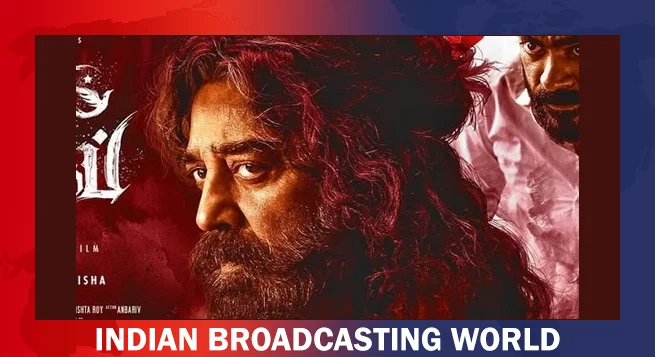 Kamal Haasan postpones ‘Thug Life’ audio launch
Kamal Haasan postpones ‘Thug Life’ audio launch 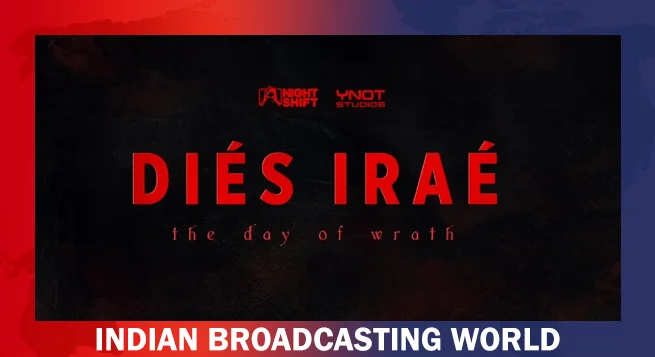 Pranav Mohanlal’s horror thriller titled ‘Dies Irae’
Pranav Mohanlal’s horror thriller titled ‘Dies Irae’ 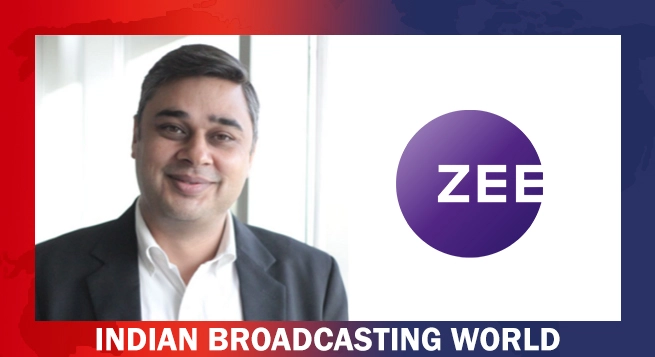 ZEEL appoints Rohit Suri as Chief Human Resource Officer
ZEEL appoints Rohit Suri as Chief Human Resource Officer 



